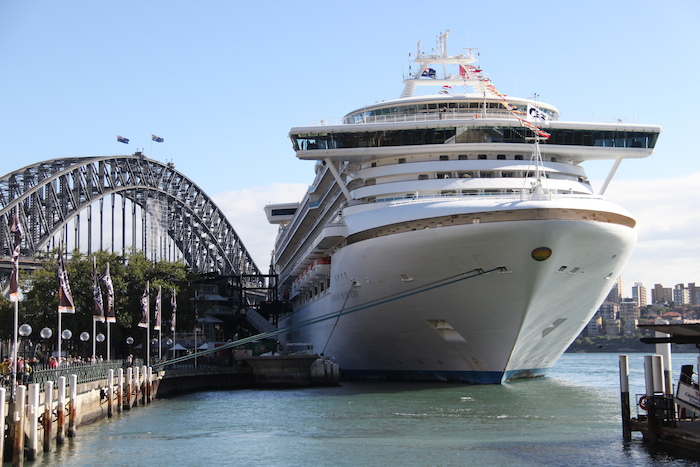Essential cruising tips: cruise contracts watch-outs
When you book and pay your fare you are agreeing to the terms of the cruise line contract. You may not even be given a copy of it but should always review and understand what you are agreeing to by accessing it online or requesting a copy from your cruise agent.
Although it is out of scope of Tips for Travellers to provide detailed legal advice, I would suggest you focus on the following as a minimum and decide if you are prepared to accept the terms and how you will mitigate any potential impact:
Cancellation
The cancellation policy varies by line and you must understand what you are agreeing to. For example, you will often find deposits are non-refundable or transferable to alternative bookings. A name change on a booking is often also counted as a cancellation and significant fees apply.
You usually have to pay the full balance of a fare 90 days before a cruise and in full if booking within this time frame. Some lines stagger the cancellation charges the closer to the departure date while others will retain the full fare.
Changes to route and ports
Most cruise lines reserve the right to change the itinerary or miss ports without paying damages or providing a refund of any kind. They can cancel a cruise at any time before departure for any reason and only refund the amount it has received for the ticket. They do not commit to refunding any costs incurred by passengers associated with the cruise from other providers like non-refundable flights, insurance, excursions or accommodation.
Refuse to let you cruise
You are likely to agree to allow the line to refuse to take a booking or carry you for any reason. They will only refund the cost of the cruise if they do.
Passenger types and restrictions
Although your agent is likely to guide you when booking, you should check if the contract has any restrictions in types of passengers they will carry. For example, some lines do not allow:
- Unwed or unrelated couples under 18 to be booked in the same stateroom.
- Children under six months of age to travel and may restrict the number of those under three years of age.
- Children under eighteen to travel without being accompanied by an adult over the age of twenty-one.
- An adult who is not a parent of a child under eighteenth to travel with them without a “Parental Consent Guardianship Form” signed by a parent or legal guardian and received a month or more before sailing.
- Guests under eighteen to share a cabin without an adult.
- Disabled or special needs passengers to travel without someone to assist them in port and on board. The Captain can also refuse to let them disembark in any port or when tendering if he or she feels it is too risky.
They also usually have the right to request a certificate from a medical professional about your ability to take the cruise.
Search rights
By making the booking you are likely to be consenting to searches being made of your person, baggage or other property, and to the removal and confiscation or destruction of anything the line feels is a safety issue, illegal or will adversely affect other passengers and crew.
Independent contractors
Many of the facilities on ships are contracted out to third party providers like hairdressers, manicurists, masseurs, spa operators, photographers, entertainers, instructors, lecturers and excursions. The cruise line may offer no guarantees, warranties or recourse with them for any issues you have with these.
Non‐Liability For Medical Treatment
Although there will be a medical centre on board, it is usually provided by a third party or specific organisation within the overall cruise corporation. If you access the service they will usually state that they will not be liable for any aspect of medical treatment provided including the advice, diagnosis, medication or treatment. If they have to refer you or transfer you to a medical facility in port they will not provide any warranty, guarantees or be held liable for any treatment you receive.
Photographic and video images
The line will require you to give them the copyright to any photographic or video content they take of you, including allowing them to use them in advertising and publicity material without any payment.
Some contracts will give them the right to restrict how you use images and videos you take on board, including asking you to remove it from online sites.
Legal disputes
Most contracts will specify which court of law has to be used in the case go any legal dispute and by agreeing to the contract you waive rights to use any other one. These are chosen as areas that are usually more favourable to the cruising industry and may not be where the line is headquartered.
Some other legal limitations may be placed on the ability of passengers to join any class action suits and require disputes to be settled via arbitration process.
For more tips visit tipsfortravellers.com/cruising and buy my eBook “Essential Cruise Tips” on Amazon.com, Amazon.co.uk and every other Amazon store globally.














